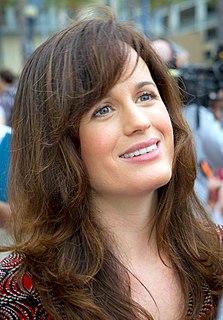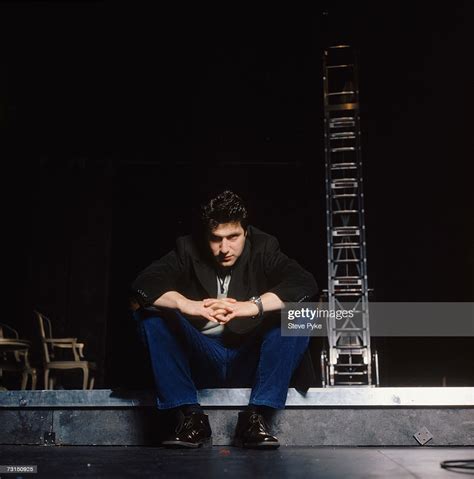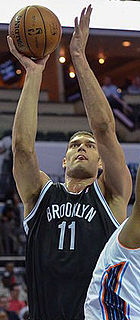A Quote by Lena Dunham
I started writing plays, but the fact that plays don't last forever was too much for me to bear.
Related Quotes
For early plays of mine, I started with character. But I think that's because I hadn't been in theaters; I hadn't worked that much. I'm very interested in character, obviously, but once I started having my plays produced, I became so fascinated by the theatrical experiment and the weirdness of theatrical space, so now all my plays start with space and stage picture and setting - or container is maybe the better way to put it.
You run your plays, you know your plays, you study your plays, you study the other team, you do as much as you can, you go to practice, you get in shape, you do what you need to do, and then by the time you get to the game, you know your plays, but they have to feel like they're in your bones. That has to be an unconscious thing, it cannot be conscious. That is everything to me.
I was 22 and stopped writing plays, and I didn't start again until I was 25. I was writing badly. In college, I attempted to write these more conventional plays, but the theater I loved was downtown experimental theater. I didn't feel like I could do that either. It didn't occur to me to do my own thing.


































